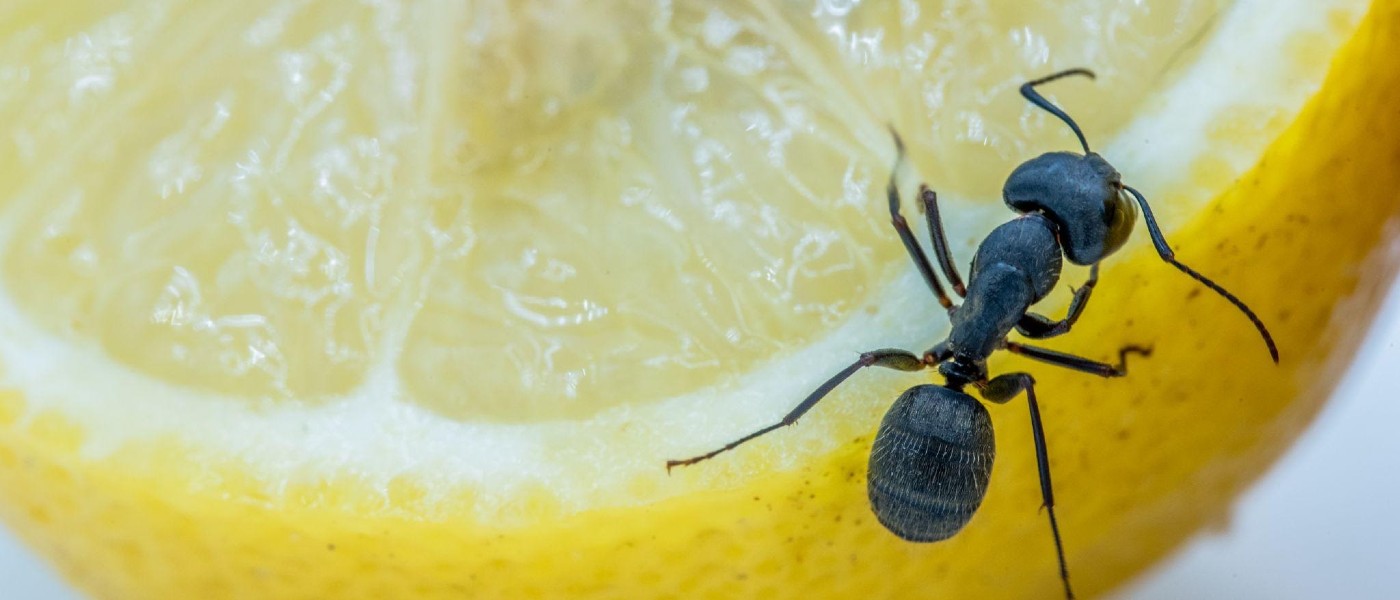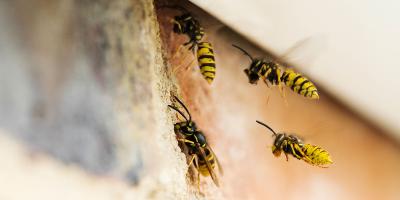Are Ants Seasonal Pests?

It’s a tough question to suss out: Are ants considered seasonal or year-round pests?
Seasonal pests tend to become a problem mostly around specific times of the year -- for example, stink bugs, boxelder bugs and cluster flies are considered fall invaders, because they venture indoors when the weather turns colder outside.
Conversely, year-round pests don’t pay any attention to the outdoor thermometer. They invade willy-nilly, seemingly whenever the mood strikes.
So, which type of pests are ants? Seasonal or year-round?
In other words, it’s a trick question. Answer? It depends.
According to the species of ant and a number of other factors, ants can be a seasonal problem (usually associated with summer) or a perennial pest or, in a way, both.
There’s a Reason Summer Is Considered Ant Season
Off the cuff, most people would answer the question “are ants seasonal pests?” by guessing that they are -- mostly because ant populations do tend to bloom in the summertime. The two species of ant that follow this pattern the closest in New England are pavement ants and odorous house ants.
Pavement ants -- those small, reddish brown critters you often see congregating in the cracks along pavement and sidewalks -- feed on grassy, sweet foods, which are plentiful in the summertime. They aren’t as active in the wintertime, at least not above-ground, because of the cold. But if you could peer into their subterranean lair, you’d see that they didn’t go away, just stayed hidden out of sight.
If you’ve ever crushed an ant or ants only to be accosted by a slightly sour coconut smell, you’ve encountered odorous house ants. This particular species’ life cycle is such that some of them sprout wings in the late spring and summer, swarm to breed and start new colonies. That’s why they’re often discovered in -- and associated with -- summertime.
Carpenter Ants, However, Do Their Work All Year
No matter the season, one species of ant you’ll find working its way toward the destruction of wood -- including the structure of your home -- is carpenter ants. What’s worse, the discovery of carpenter ants in the wintertime likely means they are nesting somewhere within the walls or floors of your home.
Also, new carpenter ant colonies don’t swarm to expand or relocate for their first two years, meaning they may have been chomping away at the wooden structures of your home a lot longer than just the current season.
Not All Ants Are Equally Pests
Pavement ants and odorous house ants are considered nuisance pests -- in other words, they may be annoying, but they’re not dangerous or destructive. Carpenter ants, on the other hand, are the very definition of destructive pests.
The problem is, to the casual observer, it can be difficult to tell the difference. That’s where trained pest control professionals come in. We can identify pests -- including silent-but-deadly pests, like carpenter ants -- long before they become problems. That in turn can save you time, hassle and even money, in the long run.
Our Home Quarterly program is designed to spot and treat pests right when they tend to surface, often at the changing of the seasons.
Ants are very common nuisance pests, but that doesn’t mean you have to live with them every year. Rest easy this year knowing that JP Pest Services is on the scene.



